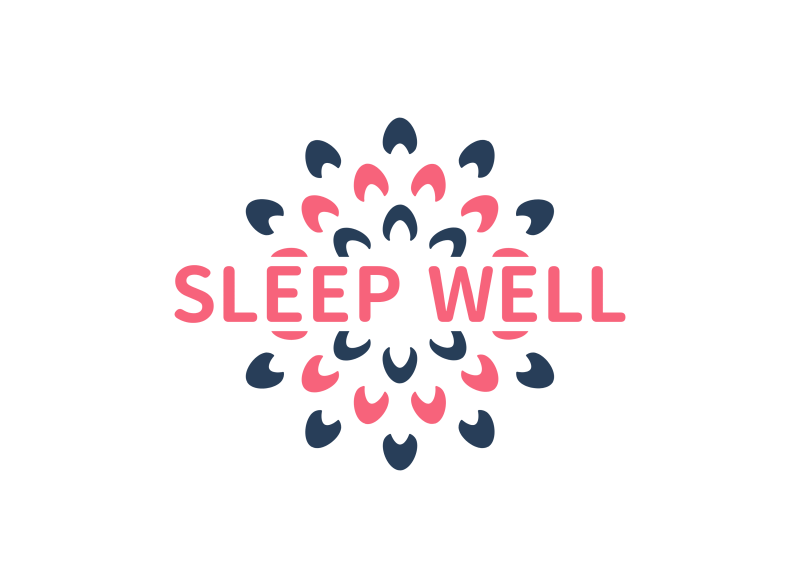How Sleep Deprivation Can Worsen ADHD Symptoms
Sleep deprivation can be a real challenge for those with Attention Deficit Hyperactivity Disorder (ADHD). Not getting enough sleep can worsen the symptoms of ADHD, making it difficult to focus, concentrate, and stay organized.
It’s important to understand why sleep deprivation can worsen ADHD symptoms. People with ADHD often have difficulty falling asleep and staying asleep. This can lead to a lack of restorative sleep, which is essential for the body and mind to function properly. Without enough restorative sleep, the brain is unable to regulate emotions, focus, and stay organized.
The good news is that there are steps you can take to improve your sleep and reduce the effects of sleep deprivation on your ADHD symptoms. Here are some tips to help you get a better night’s sleep:
• Establish a regular sleep schedule. Go to bed and wake up at the same time each day.
• Avoid caffeine and other stimulants late in the day.
• Exercise regularly, but not too close to bedtime.
• Avoid screens and other bright lights before bed.
• Create a relaxing bedtime routine.
• Make sure your bedroom is comfortable and quiet.
• Talk to your doctor about any medications you’re taking that may be affecting your sleep.
Getting enough restorative sleep is essential for managing ADHD symptoms. With a few simple changes, you can get the rest you need and reduce the effects of sleep deprivation on your ADHD.
The Benefits of Sleep Hygiene for ADHD Patients
Sleep hygiene is an important part of managing ADHD symptoms. It can help improve focus, reduce impulsivity, and improve overall quality of life. Here are some of the benefits of sleep hygiene for ADHD patients:
1. Improved Focus: Sleep deprivation can lead to difficulty concentrating and focusing on tasks. By practicing good sleep hygiene, ADHD patients can improve their focus and concentration.
2. Reduced Impulsivity: Poor sleep can lead to increased impulsivity and difficulty controlling emotions. Good sleep hygiene can help reduce these symptoms and improve overall behavior.
3. Improved Mood: Lack of sleep can lead to irritability, depression, and anxiety. Good sleep hygiene can help improve mood and reduce symptoms of depression and anxiety.
4. Improved Quality of Life: Good sleep hygiene can help improve overall quality of life. It can help reduce stress, improve energy levels, and improve overall well-being.
Sleep hygiene is an important part of managing ADHD symptoms. It can help improve focus, reduce impulsivity, and improve overall quality of life. By practicing good sleep hygiene, ADHD patients can enjoy the many benefits it has to offer.




